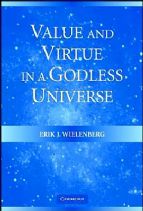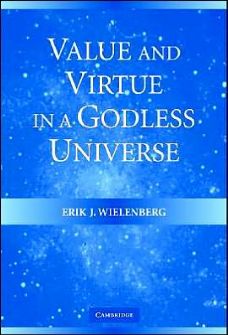Economic Inequality
The wealthiest 1% of Americans own somewhere between 30-45% of the wealth in America. The wealthiest 10% own something like 60-70% of the wealth in the USA. This is one of the central concerns of the OWS signified by the "we are the 99%" slogan.
Why is this wrong? Perhaps first we should consider why some believe it isn't wrong. The thought would go something like this: the wealthy worked for their money, they earned it, they are completely responsible for their wealth. The reason for thinking that it is wrong is opposite: the wealthy are not completely responsible for their wealth, in fact a large part of their prosperity is due to luck (or perhaps by cheating--this is not what I will argue here though). I think the sciences support the latter proposition much more so then they do the second. Sciences, such as, psychology show that humans are strongly influenced by their genetics and environment. For example people are much more likely to help strangers if there is a nice smell of bread as opposed to a more murky location. If such weak environmental factors as smell influence persons, how much more so does the home and community a child is raised in? If the sciences don't give reason to doubt freewill all together, at the very least they establish that it plays a relatively small role. So here is the argument,
- The economic status in the United States is determined by chance
- If something is determined by largely by chance and it's consequence is unequal then it is unfair
- The economic situation in the United States is unequal
- Hence, The economic situation in the United States is unfair
 Thus it can be confirmed that the United States of America is unequal as well as unfair. Protesting this is right. Another consideration which is even more so morally relevant is economic global inequality. Anything which brings into question the global inequality is also in the right insofar as it brings the scale inequality into question. By attacking the economic inequality in the States the OWS movement also attacks inequality on a global scale. Although it could certainly do this more so.
Thus it can be confirmed that the United States of America is unequal as well as unfair. Protesting this is right. Another consideration which is even more so morally relevant is economic global inequality. Anything which brings into question the global inequality is also in the right insofar as it brings the scale inequality into question. By attacking the economic inequality in the States the OWS movement also attacks inequality on a global scale. Although it could certainly do this more so.Democracy and the 1% aka Banks "Frankly Own the place!"
Money plays a extraordinarily large role in American politics. In order to get be elected a politician must raise an enormous amount of money. Media commentators/actors constantly analyze how much politicians rage during election seasons as sports commentators/actors would analyze the trends of a given player's performance. This isn't to say doing so is wrong, just to emphasize how large a role finance plays in election. Obviously, the largest donations come from the richest persons, as such politicians are more likely to follow the desires of their richer donors. Further rich donors have much more power then the average voter in deciding who will actually run in an election, and then who will win. This process doesn't stop after the election, it merely continues through lobbyists and other means. Taking this into consideration one can conclude that the political power of the 99% is (generously) something like 1/100 of the power of the 1%, and then 1/1000 the political power of the .01%. Is this democracy? Rather it's government of some of the people, by some of the people, for some of the people. If it is democracy it is a primitive, hierarchical version of such a thing. Insofar as democracy is a good thing, the occupy movement is right in criticizing the role of money in politics. One way to begin to solve this issue, would be to increase economic equality. This could be done in many ways, by increasingly increasing the quality of education (particularly in poorer areas since there is a direct correlation between educational achievement and income, as shown by this map), abolish the Bush tax cuts, granting universal healthcare, reversing the trends of what is increasingly proving to be a two-tiered justice system, creating a livable wage, implementing the Robin Hood Tax and so on...
There are of course some different morally issues that can be discussed such as: are Occupy's means of protest effective? Where should occupy go from here? Is it really worth protesting the woes of America in the face of much more grievous global issues? And so on.
However I take it that the central message of Occupy Wall Street is a legitimate on for the reasons given. Now go forth and consider Occupying!
As a side note Paul Krugman has a decent article on this subject which can be read here: Oligarchy, American Style








